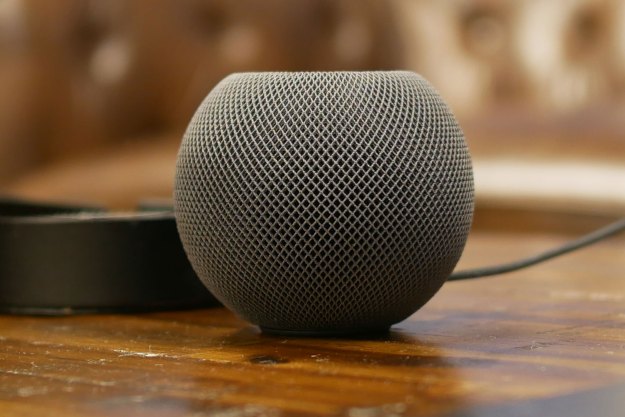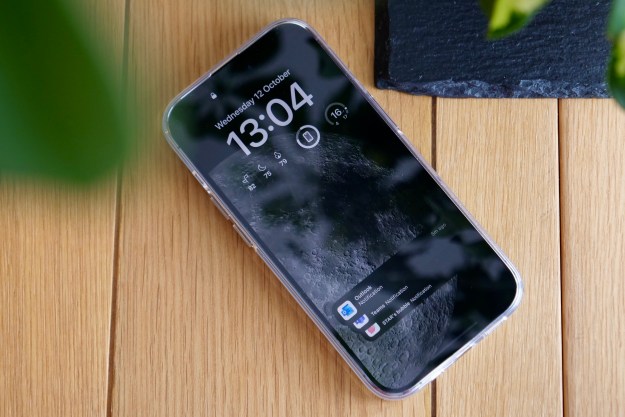Apple has finally taken the wraps off of iOS 11.4, which boasts a host of new features, including one that could help make home audio a whole lot better than it already is — AirPlay 2.
AirPlay 2 has been in the works for some time now, and is basically aimed at seriously improving Apple’s wireless home audio system. How? Well, for starters, it brings multiroom audio playback, meaning you can stream audio to speakers in all rooms of your house — even on speakers that aren’t built specifically by Apple. Third-party manufacturers that could use AirPlay 2 include the likes of Bang & Olufsen, Bose, Sonos, and more.
AirPlay 2 isn’t just about multiroom audio — it’s also about better, more versatile wireless audio. With the new update, you can also now link two HomePod speakers to work as a stereo pair, so if you have two speakers set up in one room, you can leverage them to create true stereo imaging.
In general, AirPlay 2 is a little different from other smart streaming systems like Google Cast. That’s because
Of course, iOS 11.4 isn’t just about AirPlay 2 — it also brings a few other new features. Perhaps the most important of these is that Messages in iCloud will now use end-to-end encryption and use cloud storage to store message archives and attachments instead of local storage.
In Apple’s blog post for iOS 11.4, there’s an emphasis on Siri — and while Siri isn’t really getting much better in iOS 11.4, we are expecting Apple to make a few Siri-related announcements at WWDC 2018, which takes place next week.
Editors' Recommendations
- An Apple insider just revealed how iOS 18’s AI features will work
- Apple just released iOS 17.4. Here’s how it’s going to change your iPhone
- 12 iOS 16.4 features that are about to make your iPhone even better
- Ranking all 16 iOS versions, from worst to best
- Apple AirPlay 2 supports 24-bit lossless audio, but you can’t use it


